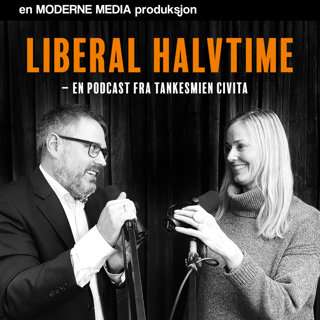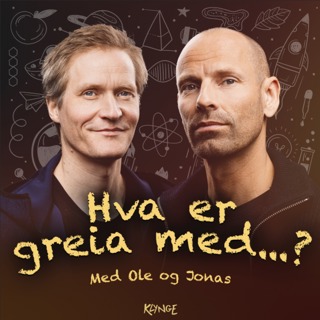
148 | Henry Farrell on Democracy as a Problem-Solving Mechanism
Democracy posits the radical idea that political power and legitimacy should ultimately be found in all of the people, rather than a small group of experts or for that matter arbitrarily-chosen heredi...
24 Mai 20211h 26min

147 | Rachel Laudan on Cuisine, Culture, and Empire
For as much as people talk about food, a good case can be made that we don't give it the attention or respect it actually deserves. Food is central to human life, and how we go about the process of cr...
17 Mai 20211h 16min

AMA | May 2021
Welcome to the May 2021 Ask Me Anything episode of Mindscape! These monthly excursions are funded by Patreon supporters (who are also the ones asking the questions). I take the large number of questio...
13 Mai 20212h 58min

146 | Emily Riehl on Topology, Categories, and the Future of Mathematics
"A way that math can make the world a better place is by making it a more interesting place to be a conscious being." So says mathematician Emily Riehl near the start of this episode, and it's a good ...
10 Mai 20211h 16min

145 | Niall Ferguson on Histories, Networks, and Catastrophes
The world has gone through a tough time with the COVID-19 pandemic. Every catastrophic event is unique, but there are certain commonalities to how such crises play out in our modern interconnected wor...
3 Mai 20211h 25min

144 | Solo: Are We Moving Beyond the Standard Model?
I've been a professional physicist since the 1980's, and not once over the course of my career has a particle-physics experiment produced a completely surprising new result. We've discovered particles...
26 Apr 20211h 11min

143 | Julia Galef on Openness, Bias, and Rationality
Mom, apple pie, and rationality — all things that are unquestionably good, right? But rationality, as much as we might value it, is easier to aspire to than to achieve. And there are more than a few h...
19 Apr 20211h 32min

AMA | April 2021
Welcome to the April 2021 Ask Me Anything episode of Mindscape! These monthly excursions are funded by Patreon supporters (who are also the ones asking the questions). I take the large number of quest...
14 Apr 20212h 41min




















